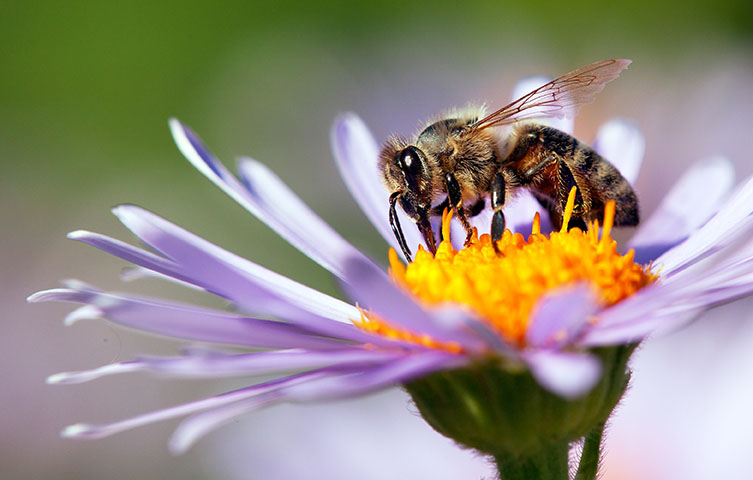
pollinator
Definition
A pollinator is an animal that helps to transfer pollen from one flower to another. Pollen is a powdery substance that contains male sex cells. When pollen lands on the female part of a flower, it can fertilise the flower and create seeds. Seeds then grow into new plants.
There are many different types of pollinators, including bees, butterflies, birds, and bats. Each type of pollinator has its own unique way of transferring pollen. For example, bees use their hairy bodies to collect pollen, while butterflies use their long tongues to sip nectar.
Pollinators are important for plants because they help to reproduce. Without pollinators, many plants would not be able to create seeds and grow new plants. Pollinators also play an important role in the environment by helping to pollinate crops and wildflowers.
How can the word be used?
Bees are important pollinators.

Different forms of the word
Noun: a creature that pollinates plants, such as a bee, butterfly, or hummingbird.
Adjective: relating to or involving pollinators.
Verb: to pollinate (a plant) with the help of a pollinator.
Etymology
The word "pollinator" is a compound word, made up of the words "pollen" and "ator". The suffix "ator" means "one who does something", so "pollinator" literally means "one who pollinates".
The word "pollinator" was first used in the early 19th century.
Question
What is a pollinator?